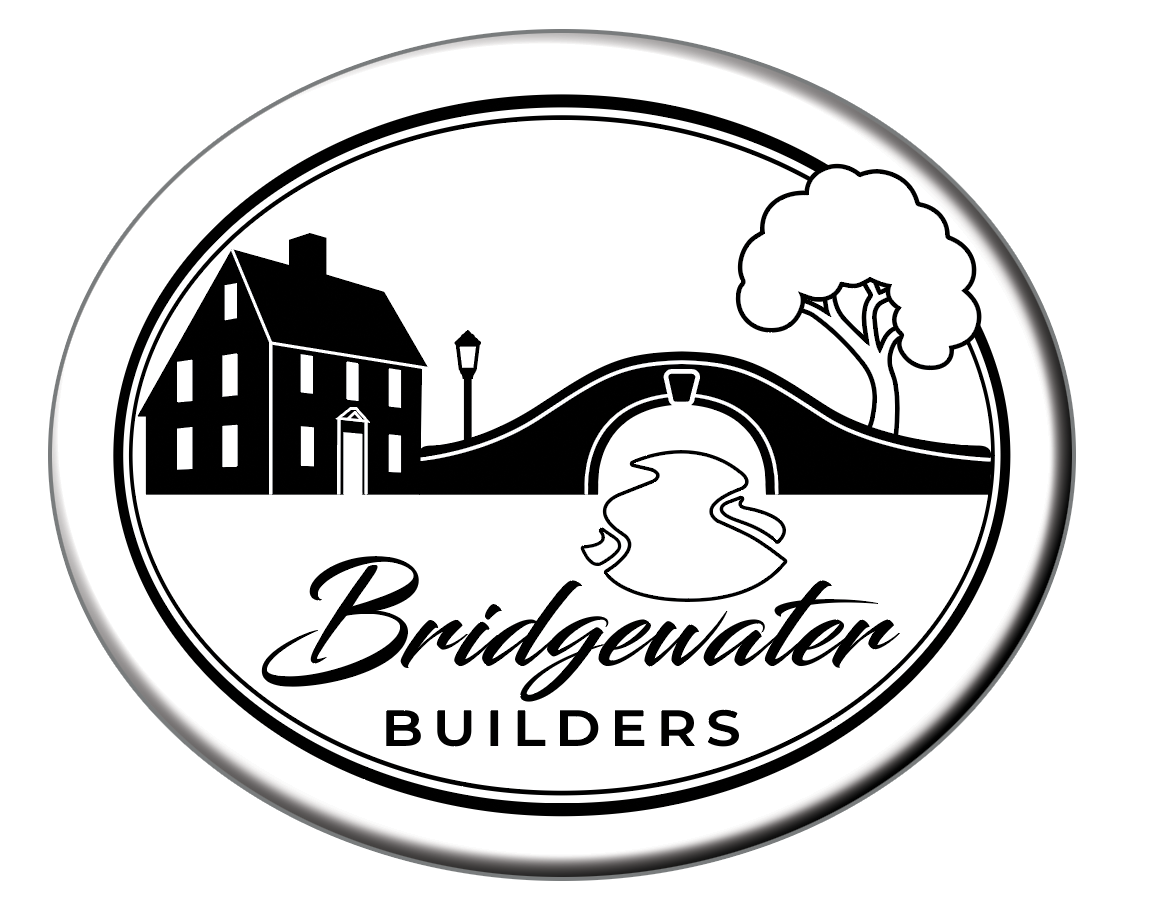Advantages of ICF Construction
What is ICF Construction?
ICF is an acronym for Insulated Concrete Forms. This way of building is becoming increasingly common in the residential and low-rise commercial spaces. The innovative material is typically made of blocks constructed of polystyrene foam with a space between that is filled with concrete and stacked in a similar fashion as Lego blocks. Interior and exterior finishes, or facades are attached directly to the ICF surface or tie ends. Historically they were most used below grade for foundation walls. But now many builders are taking this method of building even further, and bring the walls above grade constructing one, two, or even three stories. Comparing the structural integrity of ICFs versus conventional wood frame buildings, there is a clear advantage as to why this method is gaining more steam in recent years.
One straightforward advantage that stands out from constructing an entire buildings exterior walls of concrete is durability.
Concrete will resist fire and moisture making it a top-tier building material. Concrete is not a fuel source for fire, it is also very resistant to mold, rot, mildew, and insects. ICF wall construction provides 5 to 10 times the racking resistance of conventional wood-frame walls. The racking strength of the walls is what prevents the building from collapsing or being pushed over by high winds or even an earthquake. The superior strength of the walls will stand up to the most destructive storms nature will throw at it.
The insulating materials that are used to construct ICF forms inherently provide a high level of thermal resistance, subsequently on average saves 20 to 25 percent of heating and cooling costs annually. This is achieved due to the low air infiltration and the high R-values the system provides. Being able to better control your indoor environment will carry over to a more comfortable quieter home. The insulation properties are a great fit for residential projects where a quiet environment is high priority such as multi-unit buildings where you share walls with your neighbors. Most ICFs with six inches of a concrete core have a sound transmission class rating of 50 to 55. This means that around one-quarter to one-eighth as much sound penetrates an ICF wall in comparison to that of a wood framed wall. Consequently, ICFs have been widely used in the commercial space for quite some time.
When installing ICFs you are essentially completing six steps in one:
1. Concrete
2. Steel Reinforcement
3. Insulation
4. Air Barrier
5. Vapor Barrier
6. Furring Strips
The lightweight forms make the entire process faster and easier than building with wood. Construction can be done in the winter with low temperatures without the use of insulating blankets or a heat source. Saving time and money is always high priority during construction and a faster weather tight building means faster project completion and occupancy.
Using ICF construction you can shave roughly two to four months off construction time depending on the project.
It saves several steps on the interior and exterior construction of the home. The most time-consuming part of building a conventional wood framed home is protecting the wood from moisture. Unlike wood when concrete is exposed to moisture it will not rot and cause damage to the structure. The ability to speed up a project by covering so many steps in one is a game changer in the construction industry.
On average ICF construction may cost three to five percent more than a conventional wood framed building. The costs can be offset with increased speed, ease of use and fewer materials. Another consideration is that the efficiency of an ICF style home allows you to downsize your utilities like your furnace or air conditioner. The long-term financial advantages of a high performance, high efficiency, longer lasting structure can outweigh the extra cost. The design options can be accommodated for any conventional blueprint making the possibilities endless. ICF construction can be most appealing when considering it as a packaged deal with emphasis on a high-performance structure that is second to none when it comes to structural integrity. So, whether you are a contractor, architect, or looking to build your new dream home ICFs are worth taking a closer look at.
— Mike Repinski

